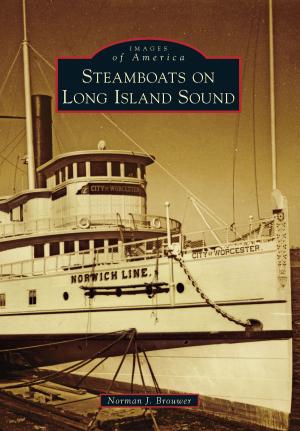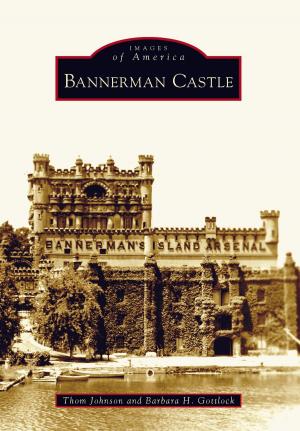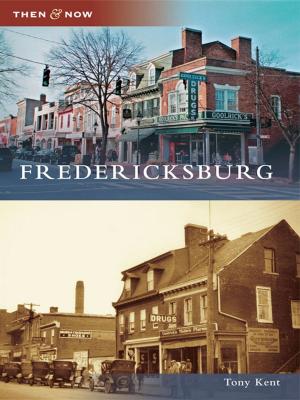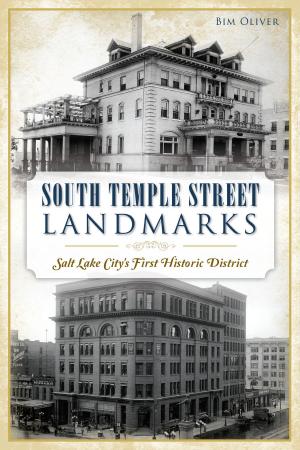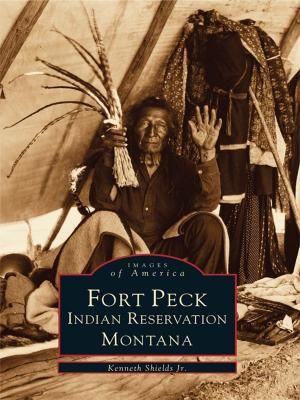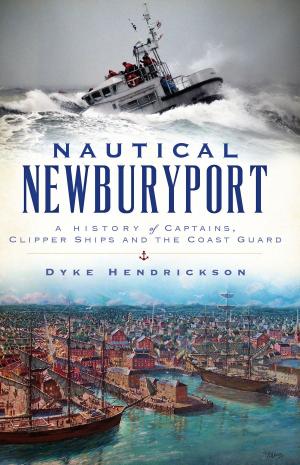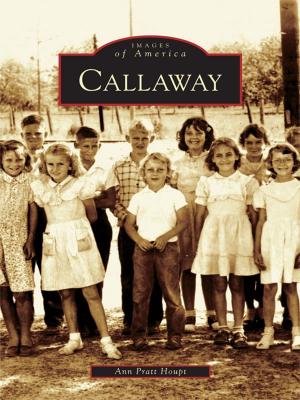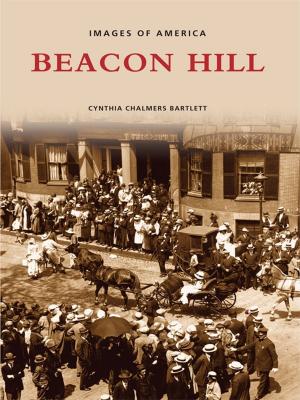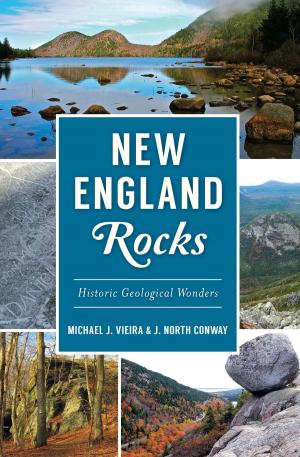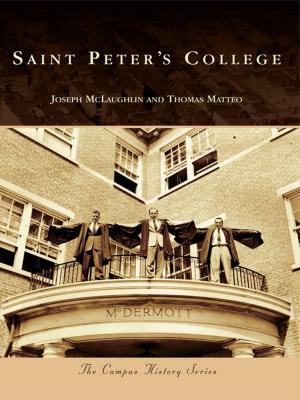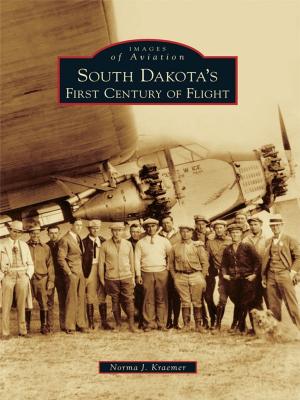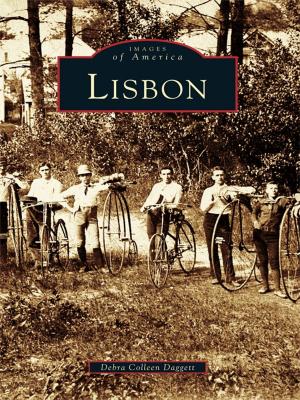Seattle's Ravenna Neighborhood
Nonfiction, Travel, Pictorials, Art & Architecture, Photography, History| Author: | Ann Wendell | ISBN: | 9781439634363 |
| Publisher: | Arcadia Publishing Inc. | Publication: | May 2, 2007 |
| Imprint: | Arcadia Publishing | Language: | English |
| Author: | Ann Wendell |
| ISBN: | 9781439634363 |
| Publisher: | Arcadia Publishing Inc. |
| Publication: | May 2, 2007 |
| Imprint: | Arcadia Publishing |
| Language: | English |
For centuries, Native American tribes lived peacefully along the trout-filled stream in a ravine that would later become part of northeastern Seattle. In 1887, the Reverend Beck disembarked from the Seattle Lake Shore & Eastern Railroad and, in this same area, bought 300 lushly forested acres that he turned into a township and park, both called Ravenna. The town was only three and a half miles from the city center and soon boasted a flour mill and a finishing school. The park itself, with its giant trees, mineral springs, fountains, and music pavilion, soon became a major attraction and well worth the 25� admission. Eventually the timber was harvested and the school replaced by the university. Today the park remains a haven of serenity and the stream once again runs through it.
For centuries, Native American tribes lived peacefully along the trout-filled stream in a ravine that would later become part of northeastern Seattle. In 1887, the Reverend Beck disembarked from the Seattle Lake Shore & Eastern Railroad and, in this same area, bought 300 lushly forested acres that he turned into a township and park, both called Ravenna. The town was only three and a half miles from the city center and soon boasted a flour mill and a finishing school. The park itself, with its giant trees, mineral springs, fountains, and music pavilion, soon became a major attraction and well worth the 25� admission. Eventually the timber was harvested and the school replaced by the university. Today the park remains a haven of serenity and the stream once again runs through it.

